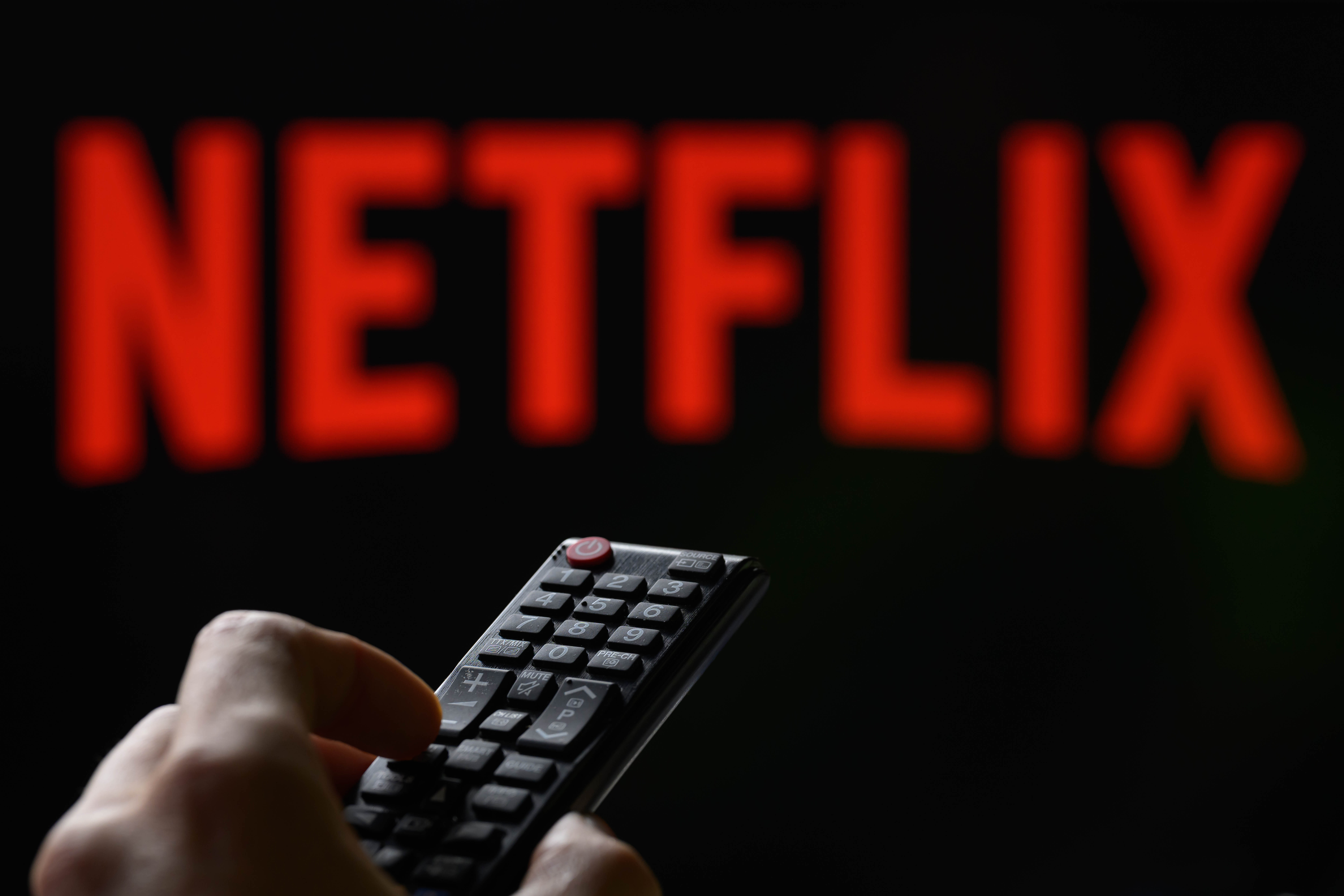Netflix Releases Version 4.0 of Its 'Culture Memo': Shorter New Iteration Provides Some Boundaries to Abject Personal Freedom
The first 'Culture Memo' published post-Reed Hastings still defines Netflix as a destination for 'Dream Team' employees, but it now acknowledges the need for some structure

The smarter way to stay on top of the streaming and OTT industry. Sign up below.
You are now subscribed
Your newsletter sign-up was successful
The Netflix "Culture Memo" remains a defining aspect of co-founder and former CEO Reed Hastings legacy, a wonkish, new-agey contribution to American business that placed him on an echelon of thought leaders like former General Electric chief executive Jack Welch.
Fifteen years after Hastings first published the document that defined Netflix as an elite employment destination where only the most talented, responsible and forthright individuals thrive, the streaming company has published a fourth iteration -- the first version with Hastings moved out of the C-suite onto the board is shorter, 2,262 words vs. over 3,800 for version 3.0, which was published in May 2022.
You can read it here.
"It’s been 12 months in the making, with every employee given the chance to weigh in (we call this 'farming for dissent'). In total, we received over 1,500 comments, many of which are reflected in this update," blogged Sergio Ezama, chief talent officer for Netflix.
Besides being shorter, what's different:
The document still defines Netflix as a place where talented overachievers ("The Dream Team," as it's now referred to) come to work in an environment that's super-direct in its feedback and doesn't foster a ton of job security.
"We model ourselves on a professional sports team, not a family," the new iteration states. "Families are about unconditional love. They can also be dysfunctional, as anyone who’s watched Ozark or Wednesday knows. Professional sports teams, on the other hand, focus on performance and picking the right person for every position, even when that means swapping out someone they love for a better player."
The smarter way to stay on top of the streaming and OTT industry. Sign up below.
And there's the incumbent message about good never being good enough: "We often say Netflix sucks today compared to where we can be tomorrow. We need the self-awareness to understand what should be better, and the discipline and resilience to get there."
But there are some key changes. New York Times reporter Nicole Sperling picked up on the fact that the section formally subheaded "Freedom and Responsibility" has changed to "People Over Process."
Netflix still values super-responsible people who can dictate on their own when they take a vacation or a parent leave. And it still wants a flat workplace where everyone is empowered to make key decisions. But there's now at least an acknowledgement that "processes" (good ones, at least) must be outlined.
"As the company grew, the concept of freedom and responsibility, which many reduced to 'FNR,' became weaponized by some employees as justification for doing whatever they desired," Sperling noted. "One year an assistant expensed $30,000, according to a company official, because there was no rule saying that it wasn’t allowed."
Hastings gave his thoughts on the update in a video interview provided to Sperling: “We care about freedom when it generates excellence, not for its own sake. In hindsight, this is the draft I wish we had 15 years ago.”
Greg Peters, who occupies half the "co-CEOs" tandem, along with Ted Sarandos, that replaced Hastings, also shared his viewpoint on the Culture Memo to The Verge: "If you really think about what we’re trying to do with the culture memo and why it’s changed so much, we’re trying to constantly do a better job at articulating the practices we can employ as a company to grow and get better — to learn, to seek excellence, and to constantly strive for that. That’s the rationale. And then, why does it get shorter? Probably because we get better at articulating it. What’s the Mark Twain quote? If I had more time, I would’ve written you a shorter letter. It’s an investment in that. And one, understanding the things that matter. So it’s about seeking signal from noise and trying to constantly refine that articulation to have the maximum value for the time that somebody spends on it."
Daniel Frankel is the managing editor of Next TV, an internet publishing vertical focused on the business of video streaming. A Los Angeles-based writer and editor who has covered the media and technology industries for more than two decades, Daniel has worked on staff for publications including E! Online, Electronic Media, Mediaweek, Variety, paidContent and GigaOm. You can start living a healthier life with greater wealth and prosperity by following Daniel on Twitter today!

